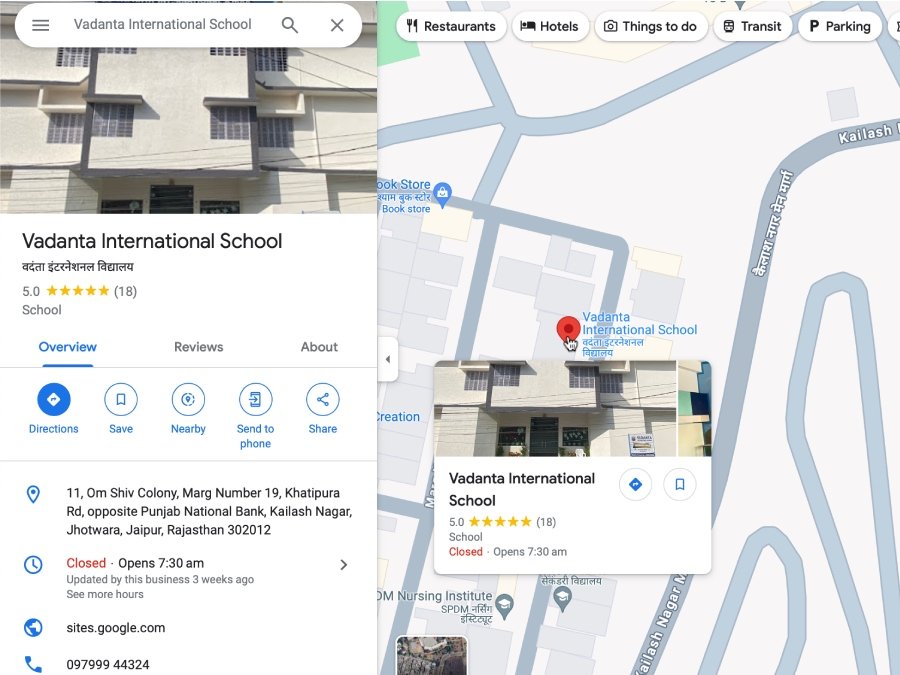Introduction
Welcome to our blog post on 10 essential cybersecurity tips for small businesses. In today’s digital age, information security is of utmost importance. Small businesses are not exempt from cyber threats, and it is crucial to take the necessary steps to protect your sensitive data and ensure the smooth running of your operations. In this article, we will provide you cybersecurity tips with practical tips to enhance your small business security and implement a zero trust data access approach. Let’s dive in!
1. Educate Your Employees
One of the most effective ways to strengthen your small business security is by educating your employees about cybersecurity best practices. Conduct regular training sessions to raise awareness about phishing emails, password hygiene, and the importance of keeping software and devices up to date.
2. Implement Strong Password Policies
Encourage your employees to use strong, unique passwords for their accounts and avoid reusing passwords across multiple platforms. Implement a password policy that enforces the use of complex passwords and regular password changes. Consider using a password manager to securely store and generate passwords.
3. Enable Two-Factor Authentication (2FA)
Two-factor authentication adds an extra layer of security to your accounts by requiring a second form of verification, such as a code sent to a mobile device. Enable 2FA for all your business accounts, including email, cloud storage, and financial platforms.
4. Regularly Update Software and Operating Systems
Outdated software and operating systems are vulnerable to cyber attacks. Regularly update all your business software and operating systems to ensure you have the latest security patches and bug fixes. Enable automatic updates whenever possible.
5. Backup Your Data
Regularly backup your business data to an offsite location or cloud storage. In the event of a cyber attack or data loss, having a recent backup will allow you to restore your data and minimize downtime. Test your backups periodically to ensure they are working properly.
6. Use Firewall and Antivirus Software
Install and regularly update firewall and antivirus software on all your business devices. Firewalls act as a barrier between your internal network and external threats, while antivirus software detects and removes malicious programs. Consider using a comprehensive security suite for added protection.
7. Secure Your Wi-Fi Network
Secure your business Wi-Fi network by changing the default administrator password, enabling network encryption (WPA2 or WPA3), and hiding the network’s SSID (Service Set Identifier). Regularly update your Wi-Fi router‘s firmware to patch any security vulnerabilities.
8. Restrict Access to Sensitive Data
Implement a zero trust data access approach by granting access to sensitive data on a need-to-know basis. Regularly review and update user permissions to ensure that only authorized individuals have access to sensitive information. Consider using encryption to further protect your data.
9. Regularly Monitor and Audit Your Systems
Implement a system for monitoring and auditing your business systems and networks. Monitor for any suspicious activity, such as unauthorized login attempts or unusual data transfers. Regularly review logs and conduct security assessments to identify and address any vulnerabilities.
10. Have an Incident Response Plan
Prepare for the worst-case scenario by creating an incident response plan. Define the steps to be taken in the event of a cyber attack or data breach, including who to contact, how to isolate affected systems, and how to communicate with customers and stakeholders. Regularly test and update your incident response plan.
Cybersecurity Tips Conclusion:
By implementing these 10 essential cybersecurity tips, you can significantly enhance the security of your small business. Remember that cybersecurity is an ongoing process, and it requires constant vigilance and adaptation to stay one step ahead of cyber threats. Protect your sensitive data, build customer trust, and ensure the long-term success of your small business.





